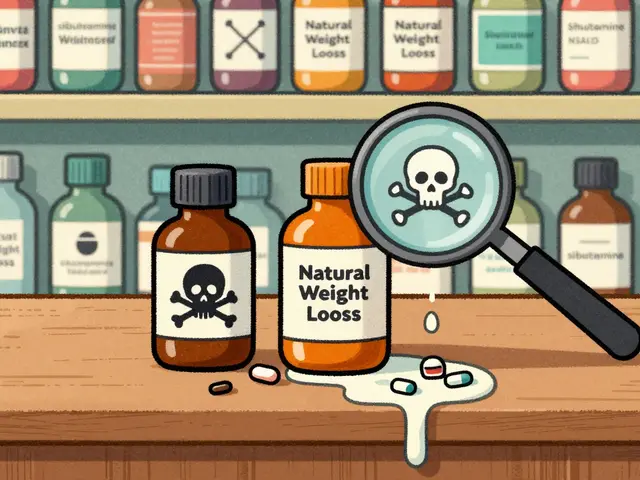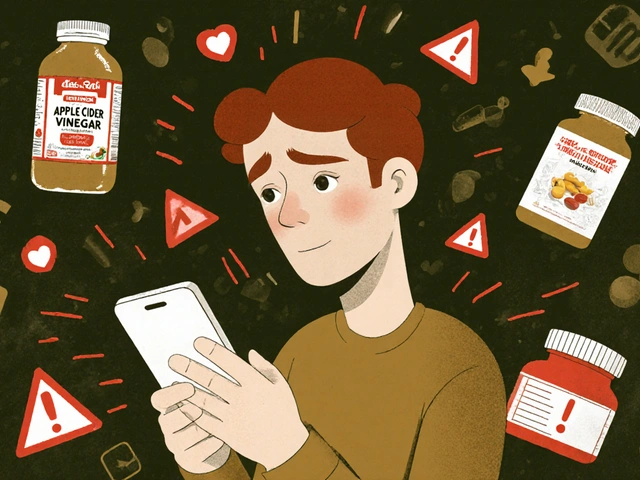Menopause: Symptoms, Treatments, and What You Need to Know
When your body stops making enough estrogen and progesterone, you enter menopause, the natural end of menstrual cycles, typically confirmed after 12 consecutive months without a period. Also known as the change of life, it’s not a disease—it’s biology. And for most people, it starts between 45 and 55, often with symptoms that sneak up slowly, then hit hard.
That sudden heat rushing through your chest? That’s a hot flash, a sudden feeling of intense warmth, often with sweating and flushing, caused by hormonal shifts affecting the brain’s temperature control. It’s not just uncomfortable—it can wreck sleep, mess with focus, and make you feel like your body betrayed you. Then there’s perimenopause, the years leading up to menopause when hormone levels start to swing unpredictably. This is when periods get weird, mood swings spike, and you might wake up drenched at 3 a.m. without knowing why. And it’s not just about heat and sleep. Low estrogen affects your bones, your heart, your skin, even your memory. Many people don’t realize that heart disease risk climbs after menopause—not because you’re getting older, but because estrogen helped protect your arteries.
What helps? It’s not one-size-fits-all. Some find relief with lifestyle tweaks—cutting caffeine, staying cool at night, moving more. Others need hormone therapy, a medical treatment using estrogen (sometimes with progesterone) to replace what the body no longer makes. It’s not scary if you understand the risks and benefits. For those avoiding hormones, there are non-hormonal options—some backed by real studies, others just hype. The key is knowing what’s proven, what’s overhyped, and what’s safe for your body.
Below, you’ll find clear, no-fluff guides on how to handle the most common symptoms, what medications actually work (and which ones don’t), how supplements like black cohosh or soy interact with your meds, and why some treatments are safer than others—especially if you’ve had breast cancer, blood clots, or heart issues. No jargon. No scare tactics. Just what you need to make smart choices for your body, right now.
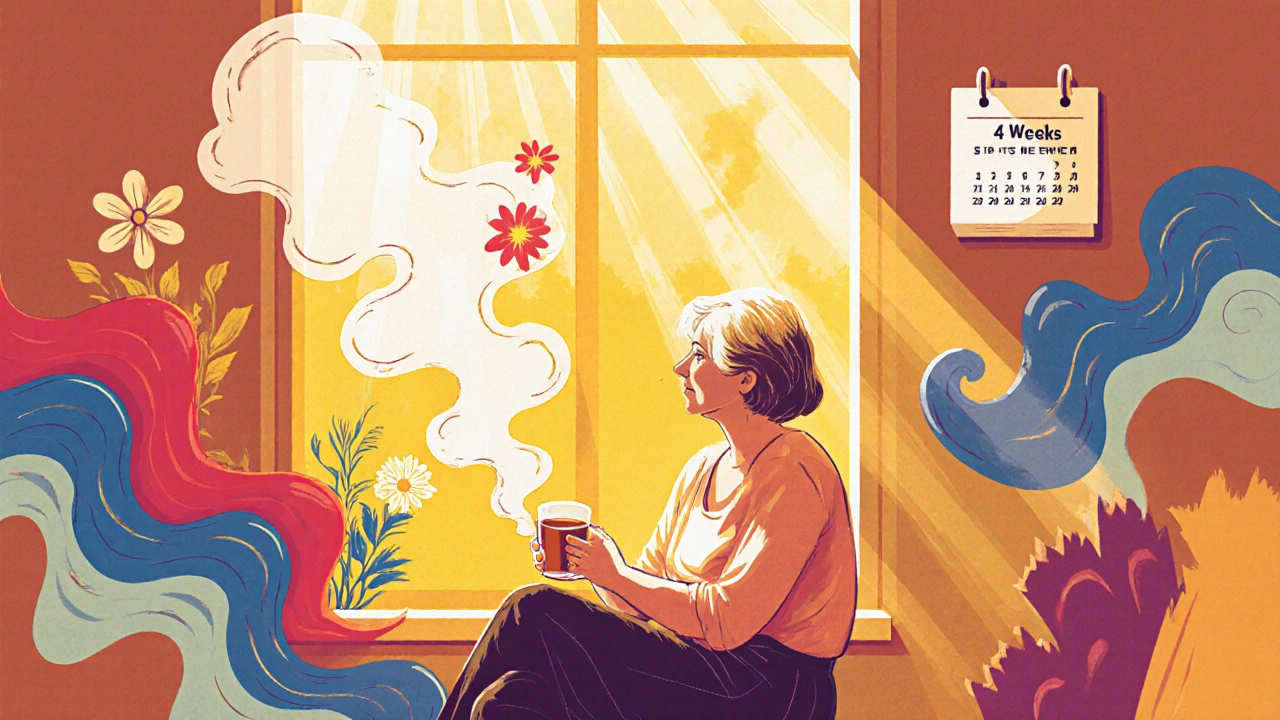
- Nov 18, 2025
- Posted by Cillian Osterfield
Menopause and Smoking: Why Quitting Now Makes a Difference
Smoking worsens menopause symptoms like hot flashes, bone loss, and heart disease. Quitting now reduces risks fast-even after years of smoking. Learn how stopping improves your health at any age.
Categories
- Health and Wellness (72)
- Medications (69)
- Health and Medicine (28)
- Pharmacy Services (12)
- Mental Health (9)
- Health and Career (2)
- Medical Research (2)
- Business and Finance (2)
- Health Information (2)
Latest Posts
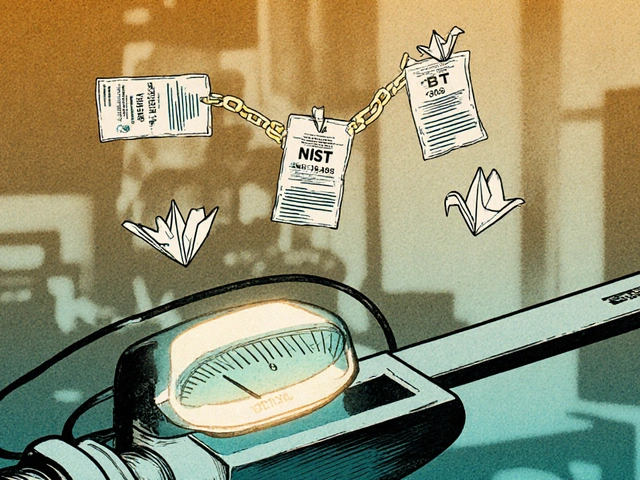
Equipment Maintenance: Calibration and Validation Requirements for Manufacturing Quality
- 23 Nov, 2025
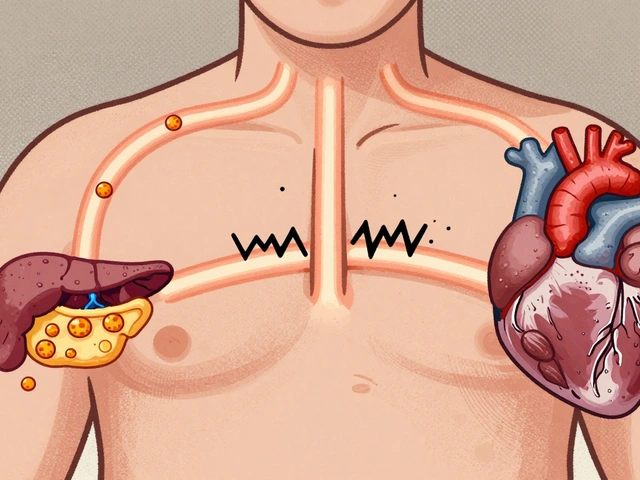
Obesity Comorbidities: How Diabetes, Heart Disease, and Sleep Apnea Connect and What to Do About It
- 1 Dec, 2025
©2026 heydoctor.su. All rights reserved


